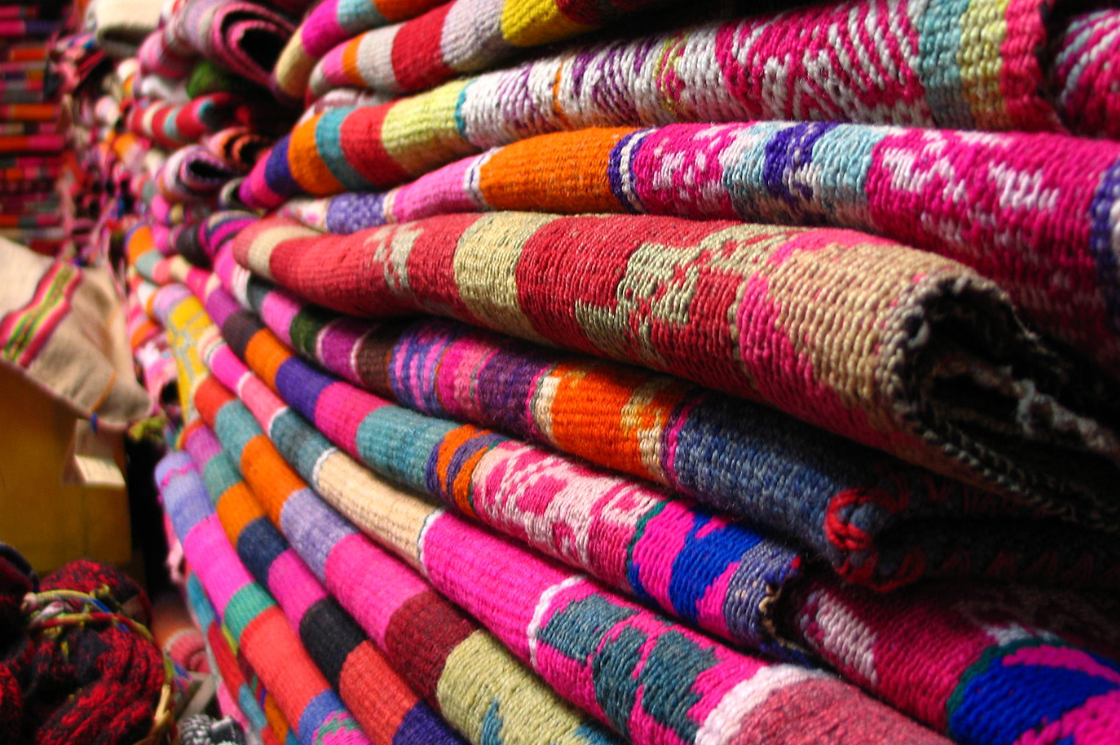
(Photo : WikiCommons)
To decrease dependency on raw material imports from China and boost domestic textile production, the Uttar Pradesh government plans to set up around 12 private textile parks throughout the state. These parks will be developed under the Uttar Pradesh Textile and Garmenting Policy 2022, with proposed sites in districts like Gorakhpur, Mau, Bhadohi, Aligarh, Baghpat, and Shamli.
The initial private textile park will be established in Shamli district, involving an investment of approximately ₹726 crore. Named Lonex Textile Park, this 27-acre project is expected to be operational by December 2025. It will create 5,000 jobs, both directly and indirectly, and will house 17 production units for activities such as weaving, dyeing, printing, and garmenting.
India's textile industry is projected to grow at a compound annual growth rate (CAGR) of 8.9% from 2023 to 2032, with the domestic textile and apparel market anticipated to double from $165 billion in 2022 to $350 billion by 2030. In the first 10 months of 2023-24, China accounted for nearly 42% of India's textile and clothing imports.
Against this backdrop, Uttar Pradesh is positioning itself as a key textile and garment hub in South Asia, leveraging traditional textile centres like Varanasi, Lucknow, Bhadohi, Gorakhpur, and Kanpur. This will reduce dependence on Chinese textile imports.
Uttar Pradesh's Position as Textile Hub
To support the national objective of reaching $100 billion in garment exports within the next five years, Uttar Pradesh is enhancing its textile value chain. As part of the PM Mega Integrated Textiles and Apparel (PM Mitra) scheme, the state is creating a large-scale textile park spanning 1,162 acres in Lucknow and Hardoi.
This project, with an estimated investment of ₹10,000 crore, is projected to create 300,000 jobs and host around 400 manufacturing and processing units. Major firms, including Reliance Industries, Arvind Mills, Vardhman, and Ahuja Textile Mills, are expected to set up operations there.
Government Perspective
Alok Kumar, the Principal Secretary of UP Handloom and Textile, emphasized that these parks will boost local production while decreasing reliance on Chinese raw materials. Moreover, they are positioned to take advantage of disruptions in Bangladesh's textile sector, where political turmoil has led to the shutdown of nearly 1,000 small and medium-sized textile units.
The textile industry is a key driver of employment in Uttar Pradesh, and the government's targeted policy initiatives aim to enhance this sector, solidifying the state's pivotal role in boosting India's textile and garment export growth.









